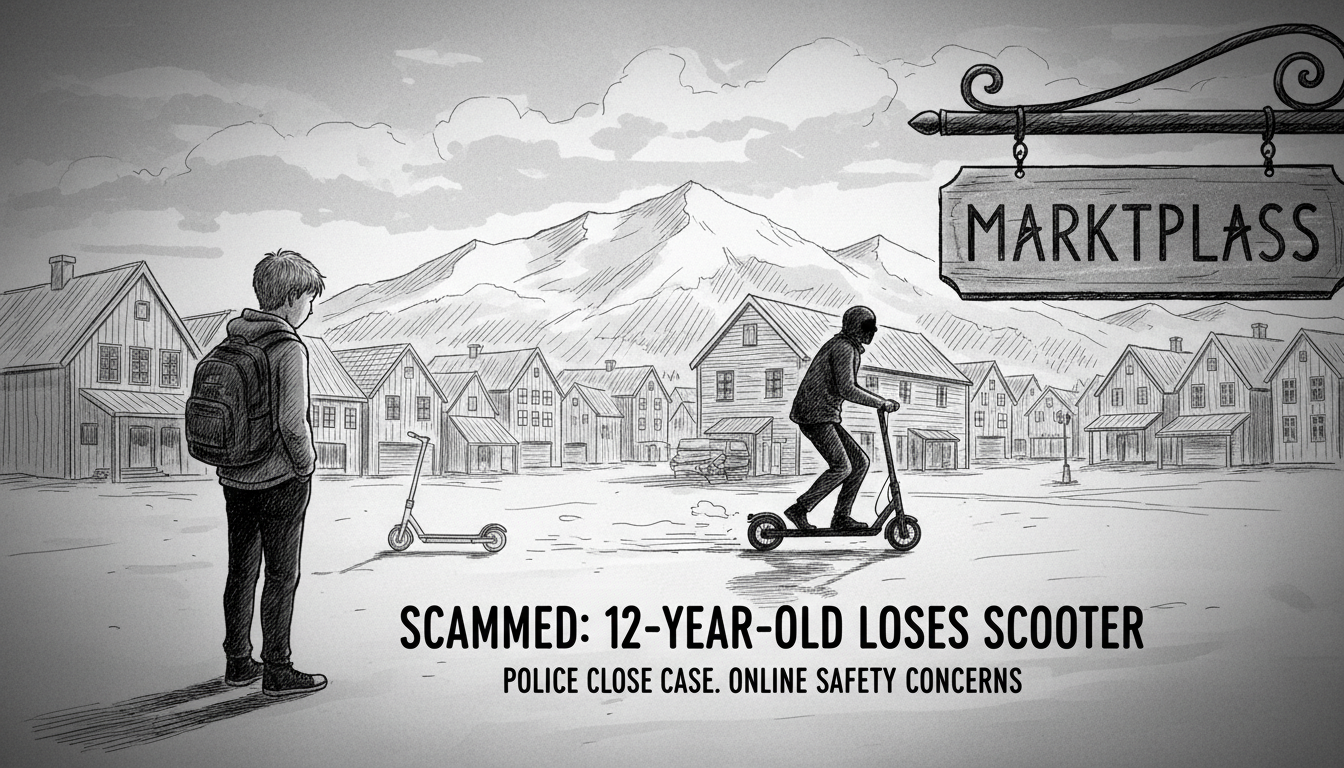12-Year-Old Scammed Out of $2,200 Electric Scooter
A 12-year-old Norwegian boy lost his $2,200 electric scooter when a potential buyer stole it during a test ride. Police closed the case days later, citing resource constraints despite the family's distress. The incident raises questions about safety in online marketplace transactions.

A 12-year-old Norwegian boy lost his expensive electric scooter to a brazen thief during what he thought was a legitimate sale. Ludvik Bentzen had carefully cleaned his scooter worth 24,000 Norwegian kroner ($2,200) before the buyer arrived at their Holmestrand home.
The potential buyer asked to take a test ride, which the family considered normal procedure. Then he never returned. The man disappeared down the street on the scooter, leaving Ludvik heartbroken and in tears.
His father Marius Bentzen immediately reported the theft to both the police and the online marketplace where the scooter was listed. He also drove around the area searching for the thief, but found nothing.
Why would an adult do this to a child, Ludvik keeps asking. The money was supposed to fund an even better scooter for the young enthusiast.
Norwegian police closed the case just days later, citing resource constraints. They claimed pursuing the matter would require time and costs disproportionate to the case's importance.
The father expressed deep disappointment with this response. He noted this sends the wrong message about safety and trust in society, especially concerning crimes against children.
Online marketplace officials confirmed they have a dedicated team working to prevent fraud on their platform. They encourage users to report suspicious activity immediately and contact police directly.
Bentzen has compiled a list of safety tips based on his family's experience. He hopes to prevent others from facing similar situations during online sales.
This case highlights the risks of private online sales, even in generally safe Nordic countries. The police response suggests limited resources for pursuing smaller-value thefts, regardless of the emotional impact on victims.